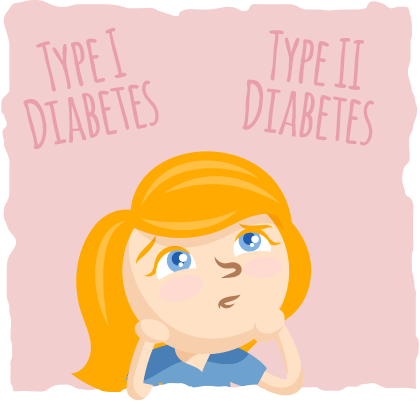Klinefelter Syndrome
Klinefelter syndrome (KS) is a genetic disorder that occurs in males and is characterized by the presence of an extra X chromosome, resulting in a karyotype of 47,XXY instead of the typical 46,XY. This additional X chromosome can affect physical and cognitive development.
Key features of Klinefelter syndrome include:
Hormonal Imbalance: Klinefelter syndrome is associated with hormonal imbalances, including lower levels of testosterone. This can lead to physical and developmental differences during puberty.
Infertility: One of the primary characteristics of Klinefelter syndrome is infertility. Individuals with KS typically have small testes and reduced fertility due to a lower production of sperm.
Physical Characteristics:
- Tall stature.
- Long limbs.
- Gynecomastia (enlarged breasts).
- Reduced body hair.
- Sparse facial and body hair.

Developmental and Learning Challenges:
Some individuals with Klinefelter syndrome may experience mild learning difficulties and language delays.Speech and language development may be affected.
Diagnosis:
Diagnosis is typically made through genetic testing, which reveals the presence of the extra X chromosome.
Treatment:
Hormone replacement therapy (testosterone) is often recommended during adolescence to promote the development of secondary sexual characteristics and improve physical and psychological well-being.
Fertility treatments, such as assisted reproductive technologies, may be considered for individuals seeking to have children.
It's important to note that the severity of symptoms and the impact of Klinefelter syndrome can vary among individuals. Early diagnosis and appropriate interventions, including educational and psychological support, can help individuals with Klinefelter syndrome lead fulfilling lives. Ongoing medical monitoring is also essential to address potential health concerns associated with the condition.
Click here to know more.

